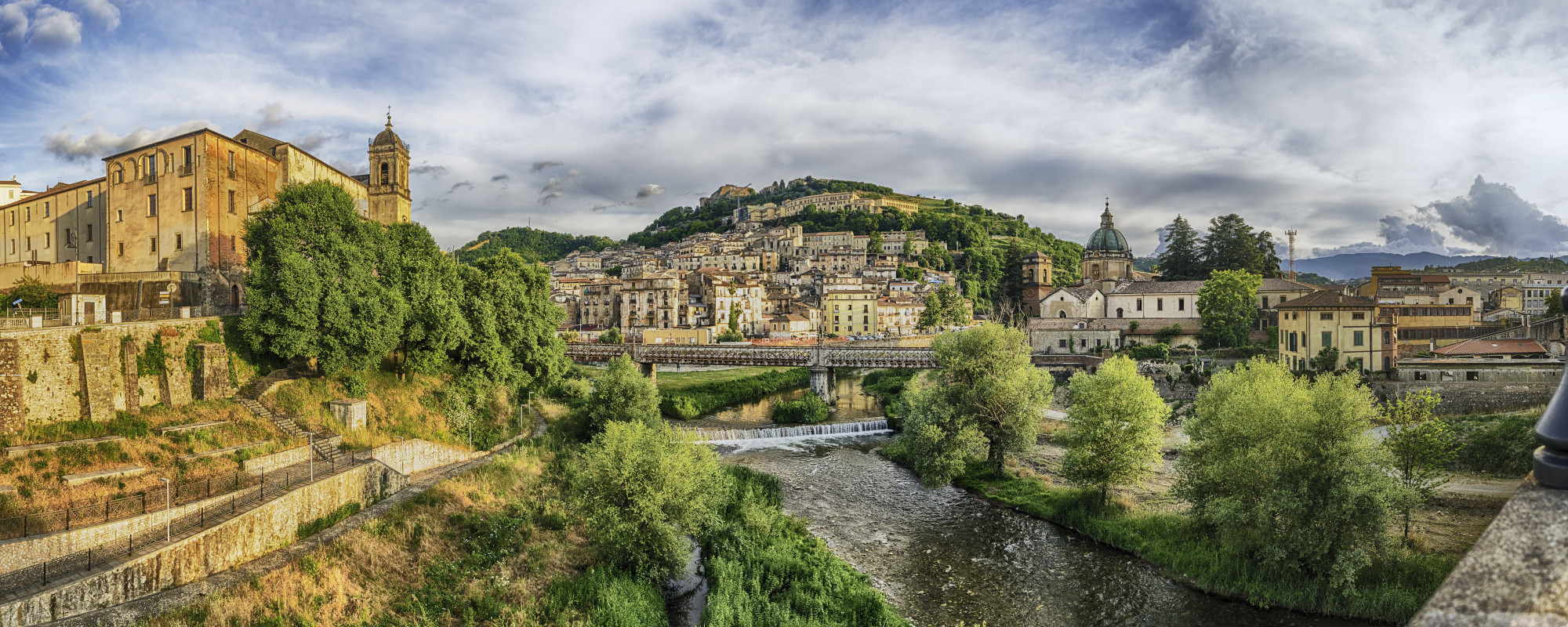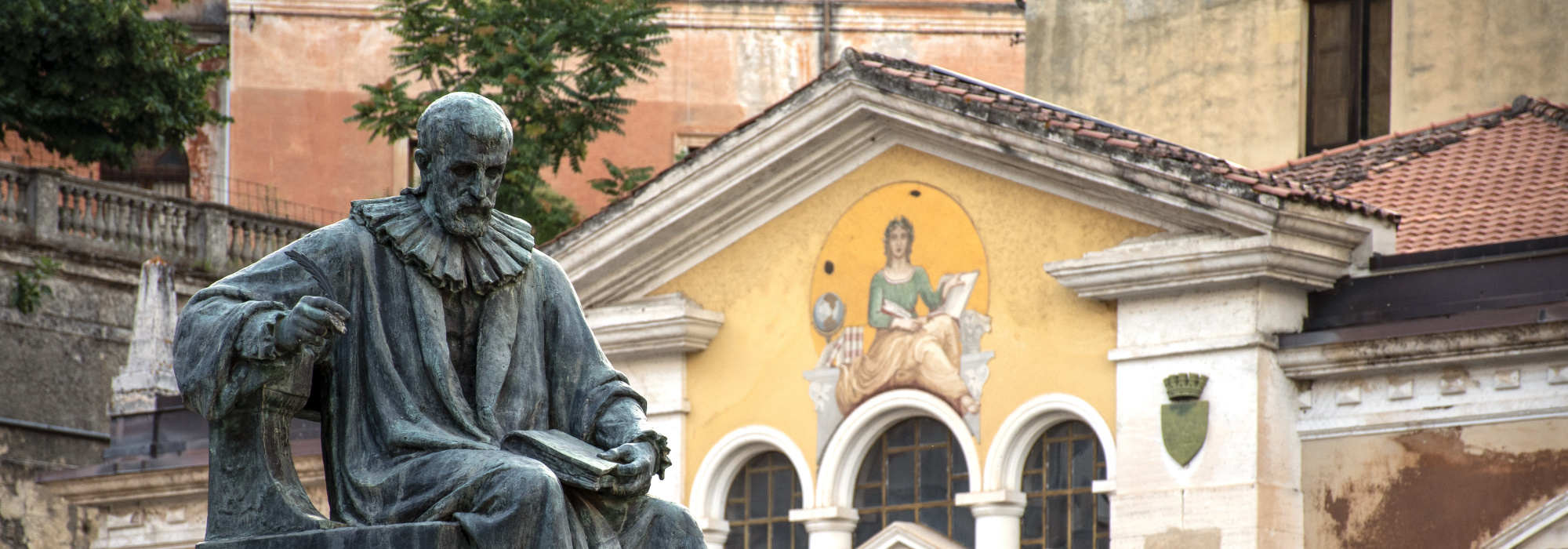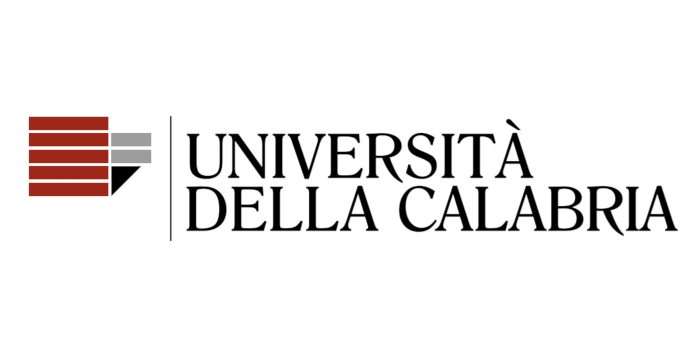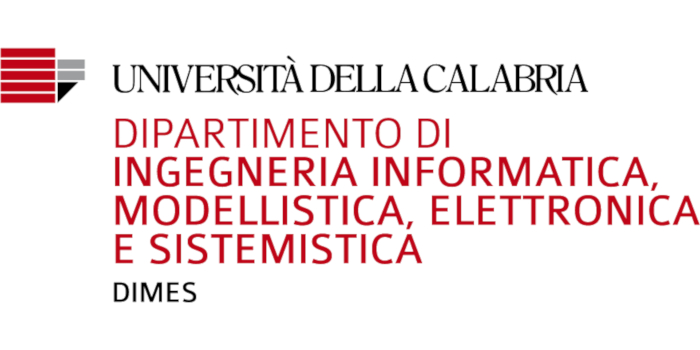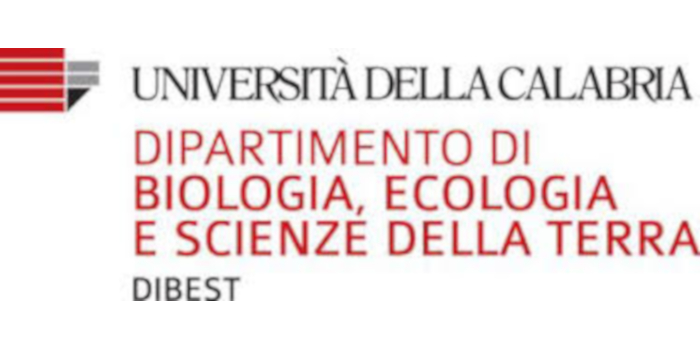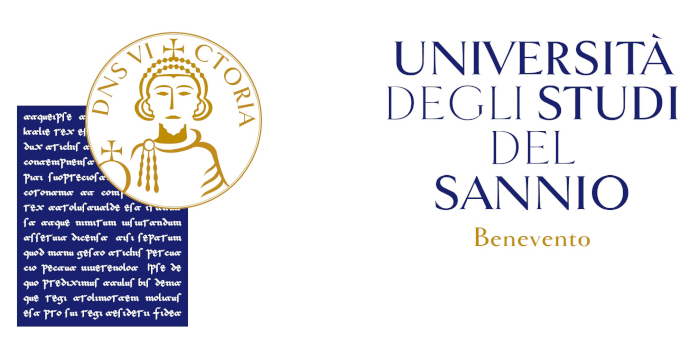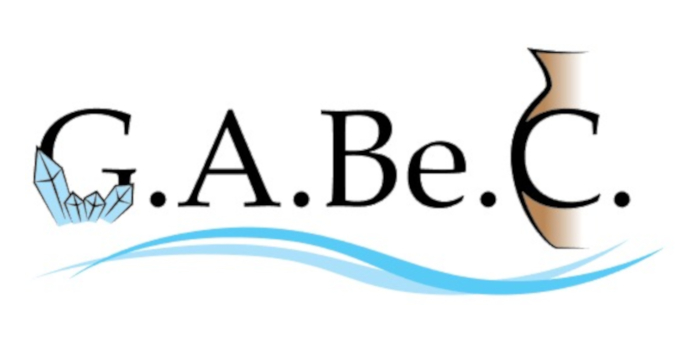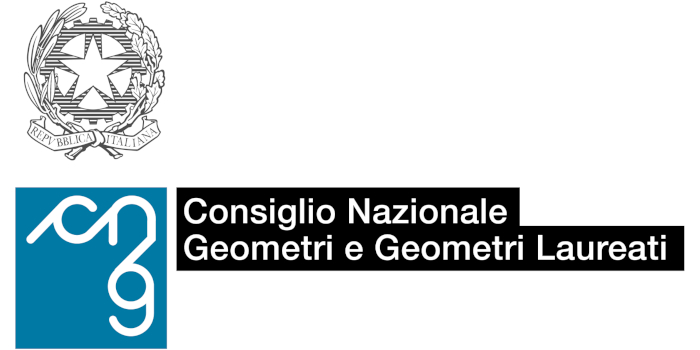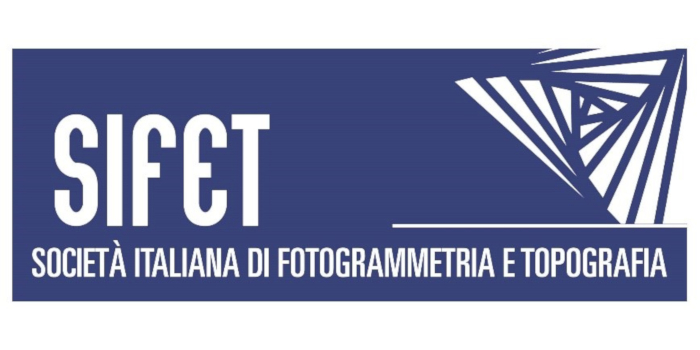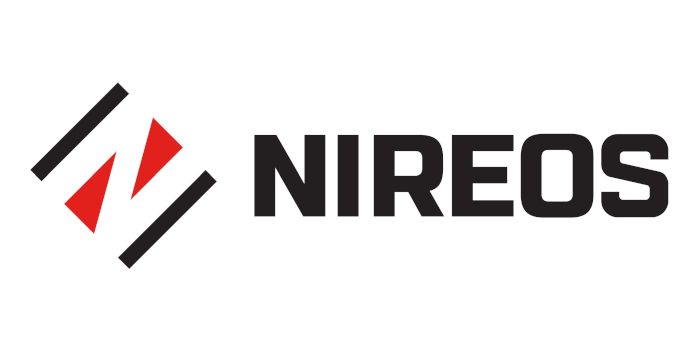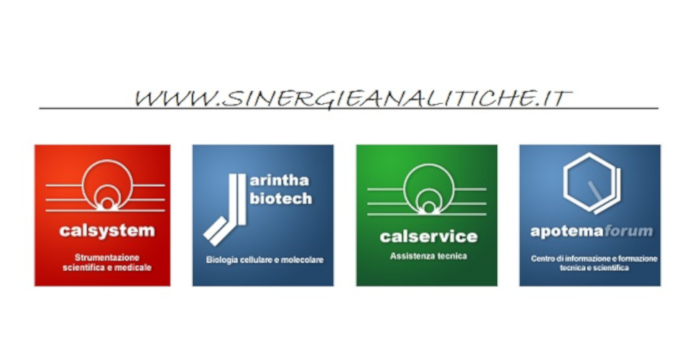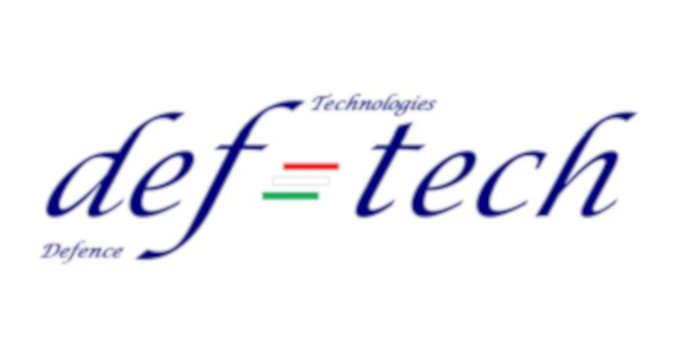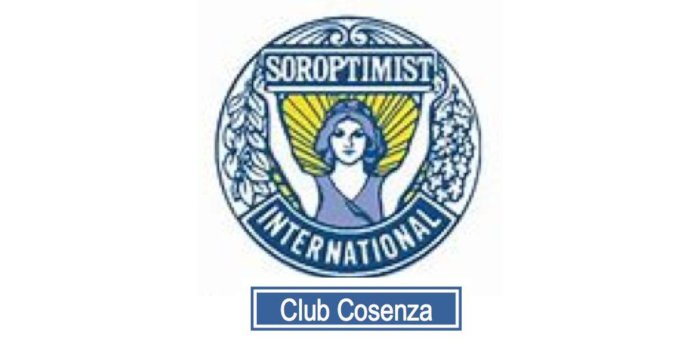Green Conservation: innovative products and methods
ORGANIZED BY
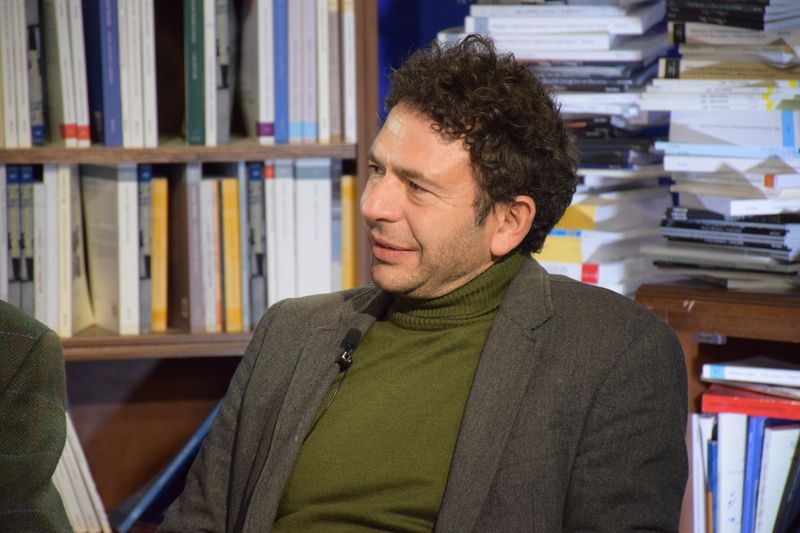
Andrea Macchia
YOCOCU
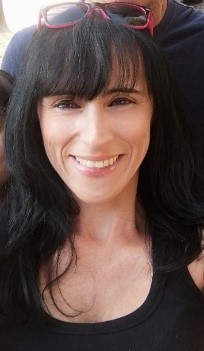
Raffaella Mancuso
University of Calabria
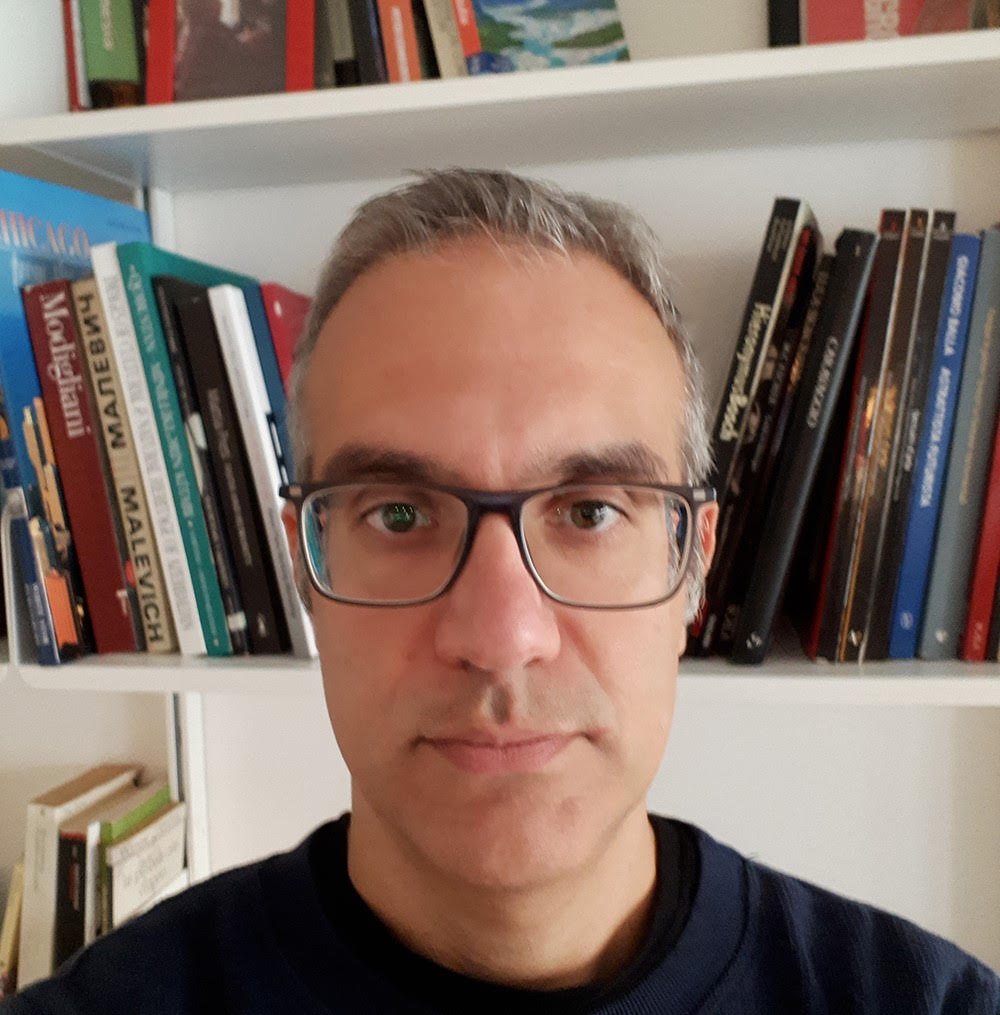
Silvestro Antonio Ruffolo
University of Calabria
ABSTRACT
In the last decade, in the field of cultural heritage, interest has increased concerning the development of innovative products and protocols focused on the criterion of sustainability. In particular, one of the main challenges has been developing innovative products for conservation and restoration that respect both the environment and, at the same time, the operator. Green conservation is now emerging in the field of cultural heritage conservation as a result. Green conservation aims to improve the understanding of the concept of green, the development and implementation of eco-sustainable materials and methods, health and safety, environmental protection, technologies applied to cultural heritage in museums, cultural sites, restoration activities, and in general cultural heritage sustainability. In this context, a multidisciplinary approach represents the best way to share knowledge and define new strategies and opportunities to improve the conservation of cultural heritage and to protect operators and the environment. Only in recent years has it become possible to find commercial green formulates used to address biological degradation problems, but their interactions with the original materials and their effective antimicrobic properties over time have not often been investigated over time and in situ. At the moment, much research is being carried out in the laboratory on new green products and protocols applied to different materials (stone, mortars, metals, paper, etc.), but the goal is to transfer the results of this research to the specific field of restoration, and consequently to the market.
TOPICS
Topics include, but are not limited to:
- Green and sustainable building practices for museums and architectural cultural heritage;
- Sustainable exhibition design;
- Experiences to transform ‘environmentally sustainable’ practices into ‘common’ practices;
- National and international sustainable projects on cultural heritage and landscape;
- Biotechnology applications to conservation and the development of bio-based products;
- Green chemistry and nanotechnology for eco-friendly conservation;
- Feasibility of the application of innovative green methods, products, and strategies.
ABOUT THE ORGANIZERS
Andrea Macchia, is a researcher at the Università della Calabria and lecturer at the Università la Sapienza and at the Università Telematica Internazionale Uninettuno. Expert in chemistry applied to the conservation of cultural heritage, he is involved in researches on Green Conservation. He is president of the organization YOCOCU - YOuth in COnservation of CUltural Heritage APS, since 2011. He published several books, as well as articles in national and international journals.
Prof. Mancuso Raffaella, received the PhD in “Methodologies for the Development of Molecules of Pharmacological Interest” at the University of Calabria (2006). She won a “young investigator research project” for the “Synthesis of heterocyclic derivatives of pharmacological interest by metal-catalyzed heterocyclization-carbonylation reactions” (2007). After a post-doc stage at Iowa State University (USA) with Prof. Richard Larock (2008) working in novel iodocyclization reactions, she came back to University of Calabria working on organic synthesis. She joined the group of Prof. Daniel Solé (University of Barcelona-Spain) working on novel syntheses of heterocycles (2012). In 2018 she received her second PhD degree in “Environmental, Construction and Energy Sciences and Engineering” at the University of Calabria. She is currently Associate Professor at the University of Calabria (Italy). Prof. Mancuso received a “Research Award” in September 2017 from the Italian National Consortium in the field "Innovation in Organic Synthesis". Prof. Mancuso current scientific production include 122 papers in international peer-reviewed journals, 8 patents and more than 180 communications in national or international conferences. She is an international referee in the field of Multidisciplinary and Organic Chemistry, an editorial board member of reputed international journals and Country Editor of an international journal. Her current research interests include organometallic catalysis for the synthesis of high value molecules of pharmacological interest, use of nonconventional solvents in advanced organic synthesis and synthesis of novel materials for advanced applications and for cultural heritage.
Silvestro Antonio Ruffolo, his research is aimed at the synthesis and characterization of innovative products for the restoration of cultural heritage, mainly stone materials. He deals with the use of nanostructure materials for coatings and consolidating agents. His expertise includes integrated diagnostic analysis of cultural heritage materials by using physical, chemical and mineralogical methods. His scientific teamwork activity is reported in 100 scientific papers on international peer reviewed journals. He participated to several national and international funded research projects.
